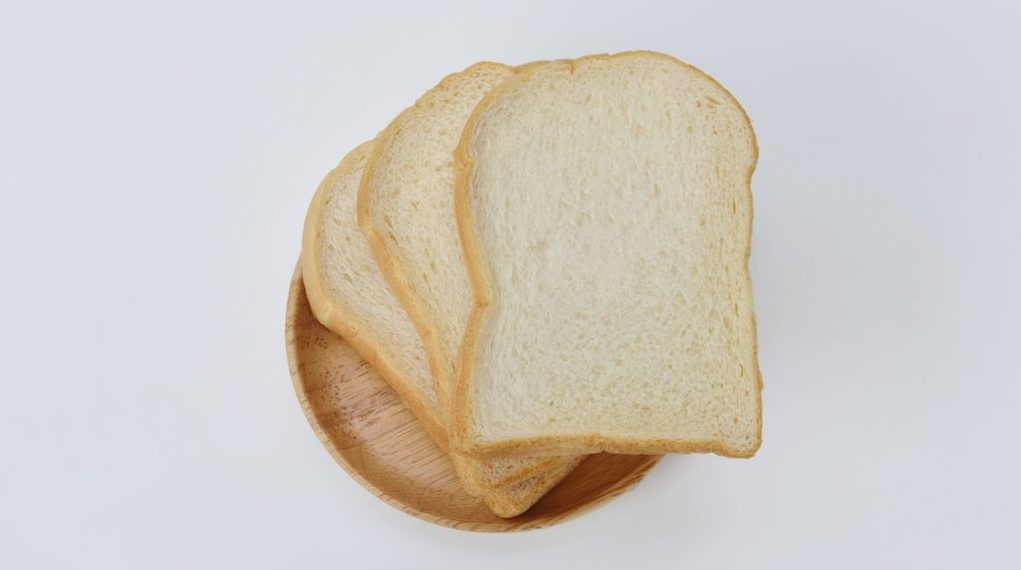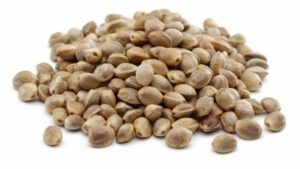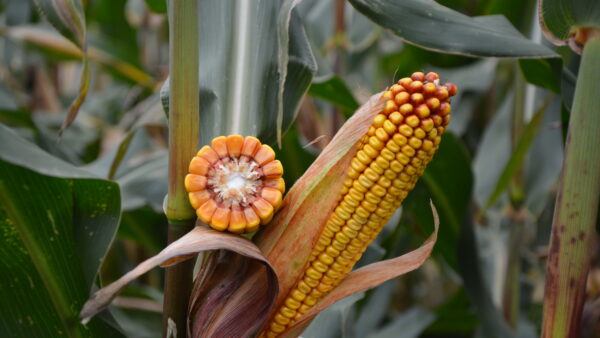Food is critical to my business, and I constantly think in terms of it. It wasn’t always that way, but in recent years I’ve realized how everything we do revolves around it.
That realization has made all the difference to our success as a team.
Our customers work in a variety of different areas of the industry — seed, grain, special crops processing, and more. They all have one thing in common — they ultimately produce food.
Good examples are peas, lentils and hemp. Manitoba is now home to two new pea processing plants. Pulses are big business — Saskatchewan is a great place to grow lentils. Hemp is increasingly being used to create food products.
Food processing plants were early adopters of colour sorter technology, and the seed industry adopted these machines when it saw value in them. Food processors have always been visionaries when it comes to using colour sorting and other processing technologies. Consumers tell food processors what they want, and food processors respond.
The seed industry is increasingly doing this by creating new varieties tailored specifically to certain kinds of food uses, but often is it is consumers in general that drive innovation in the agriculture space.
At Nexeed, we’ve learned to push the envelope in terms of how these technologies can be used, and by whom. To grow our business, we’ve deliberately searched out potential customers who are making food products, because we can help them do their job more efficiently. Colour sorters are used in food processing for many things you might not realize.
- Coffee: Who doesn’t love their morning cup(s) of joe? When beans are harvested, some are underripe and would make horrible coffee. You can thank colour sorters for removing those underripe beans so that you have the delicious cup of French roast you’re accustomed to.
- Oats: Like coffee beans, some oats just don’t make the grade. It’s because of colour sorters that you can eat a spoonful of oatmeal or take a bite of a granola bar without getting a bad taste in your mouth.
- Bread: Some grains of wheat can suffer from problems that can result in off flavours and even health issues if the grain has certain kinds of mold growing on it. It’s because of colour sorters that you have easy access to healthy bread that you know will make a great sandwich.
In the case of the bread example above, the seed industry ultimately has a fundamental role to play in selling only the highest quality product that is ultimately used to grow the grain that gets sorted, bagged and shipped off to flour mills.
By understanding the needs of consumers, bakers, millers and flour processors, the grain and seed sectors can utilize new technology to ensure they serve as the primary players in ensuring top-quality food for all.









